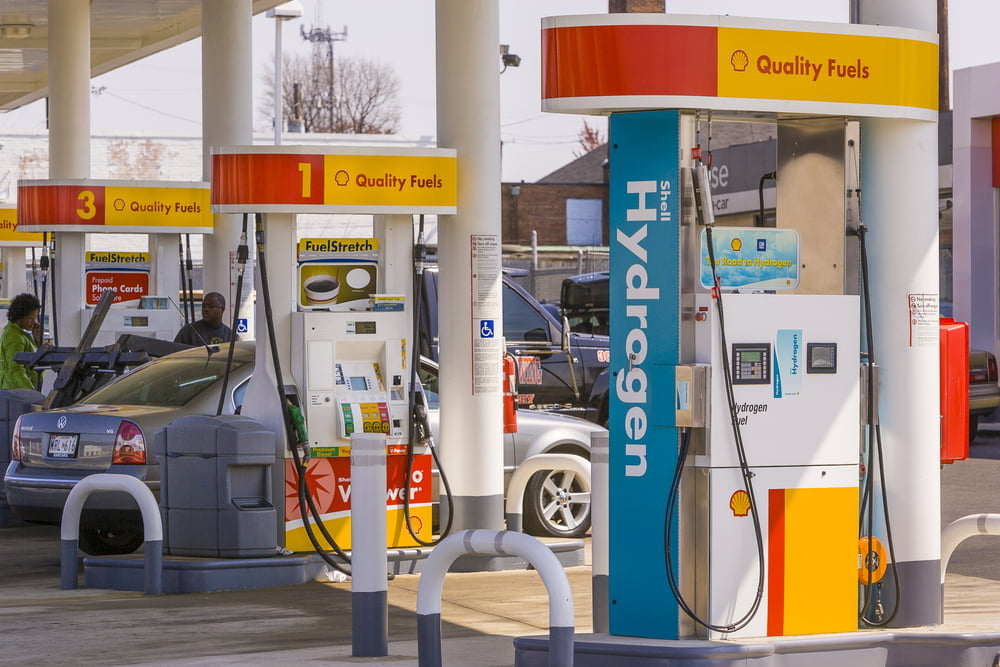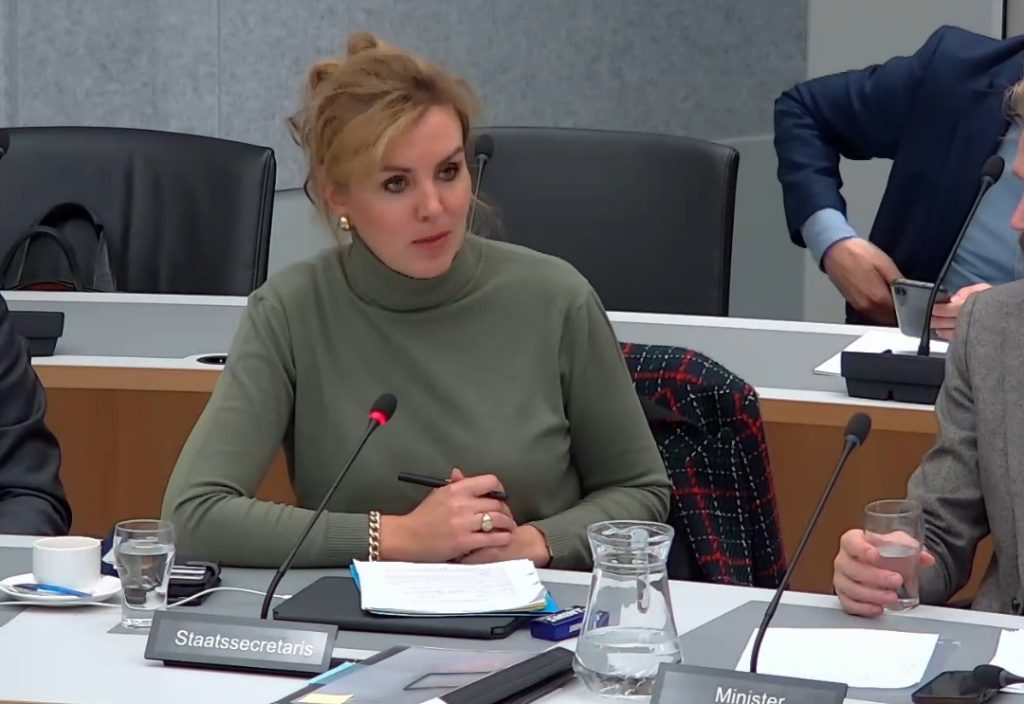Letter to parliament on start of hydrogen incentive policy in mobility.
State Secretary Heijnen (IenW) informed the House of Representatives about the development of public hydrogen filling stations from 2022 to 2025. Stimulating hydrogen in mobility is one of the objectives in the 1 Climate Agreement. research reports with it.
The 2019 Climate Agreement contains objectives for further developing hydrogen in mobility, in addition to battery-electric driving. One of the goals is the development of 50 hydrogen filling stations by 2025. There are currently 14 public hydrogen filling stations in operation, some of which are also suitable for heavy road transport.
development
Because this technique had to be further developed and tested, IenW has financed several hydrogen projects in recent years from the DKTI subsidy. These projects have given both vehicle developers and operators of hydrogen refueling infrastructure the opportunity to gain experience in driving hydrogen-powered vehicles in a pilot setting. In addition, the Minister has requested various reports that provide an action framework for the further roll-out of the ambitions as laid down in the Climate Agreement.
For a profitable operation of a hydrogen filling station, a guaranteed basic purchase of hydrogen by a fleet of vehicles is necessary. This means that investments should not only be made in vehicles, but also in associated refueling infrastructure with a focus on heavy road transport.

State Secretary Heijnen has come to the conclusion that a scheme whereby vehicles are linked to a hydrogen filling station is the best instrument to enable upscaling. Because existing subsidy schemes for zero-emission transport do not allow for such a link, it will instruct RVO to develop an incentive scheme for hydrogen in mobility with the funds already reserved of €22 million from the Climate Agreement for the infrastructure hydrogen tanks and for the further development of hydrogen. in mobility.
It is expected that this will allow several project proposals to be awarded for the development of a filling station that meets the AFIR standards and associated guaranteed basic purchase by vehicles. This means a relevant start in the upscaling and implementation of the obligation from the future REDIII and the AFIR, although additional efforts will be required for full implementation, depending on the outcome of the negotiations.




